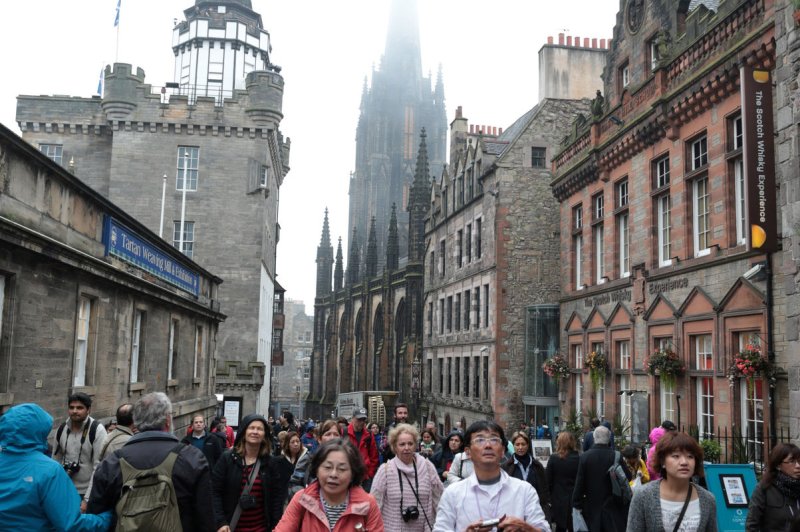EDINBURGH, Scotland, Sept. 22 (UPI) -- The Scottish National Party said it's already frustrated that pledges behind a no vote for independence have been broken.
More than half of the voters taking part in a Scottish referendum for independence said no. The ruling Scottish National Party said those behind the "no" campaign failed to keep their promise to offer more power to the government in Edinburgh.















